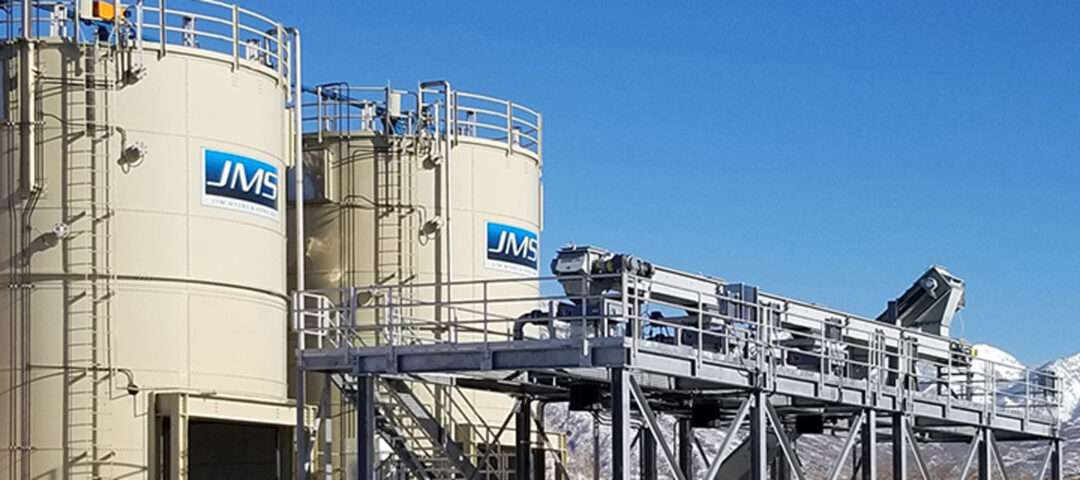By Anthony Sherrill (JMS) & Andrew Dugan (WaterWrites)
A lot of groundwork is laid before the bid day arrives. After months of careful design consideration and evaluating proposals from solution providers, the utility managers and consulting engineers are tasked with aligning project proposals with their budget constraints. While cost considerations often lead to selecting wastewater treatment solutions based primarily on price, this approach can result in costly maintenance, inadequate support, and the need for untimely equipment replacements. Opting for quality over price benefits wastewater professionals not only during the design phase, but also on bid day and throughout the equipment’s operational lifespan.
More than Just Machinery
Price inevitably plays a role in any significant capital expenditure. However, understanding what comes with that price is key to determining the best overall value. Manufacturers of high-quality equipment may not always match the lowest competitive price. Yet, their proposals typically encompass more than just a piece of equipment. High-quality treatment solutions come with added advantages such as extended warranties, comprehensive onsite training, and valuable leave-behind resources. Investing in a solution from a company that prioritizes its industry reputation means acquiring more than just treatment equipment—it means securing a dedicated partner wholly devoted to the success of wastewater utilities.
Technical Advantages
The price listed on a proposal goes beyond mere profit. For high-quality equipment manufacturers, it is an investment in the resources necessary to provide comprehensive solutions to all industry stakeholders. High-quality equipment is often backed by a well-equipped technical team that collaborates with consulting engineers to enhance the overall design.
This extensive knowledge base also plays a pivotal role in equipment design and performance. Achieving excellence requires time and precision, which is why higher quality equipment options are crafted from top-tier materials and benefit from enhanced engineering to ensure durability and longevity. By providing treatment plants with reliable and dependable solutions, high-quality equipment enables more accurate replacement forecasts and delays in subsequent capital expenditures.
In contrast, lower quality manufacturers often opt for mass production, offering a cheaper price in the hopes that the application will conform to the solution. High-quality equipment manufacturers do not subscribe to this mindset. Their engineering teams are more likely to take a step back, carefully consider the project’s design, customize their offering to the specific application, and fabricate equipment tailored to individual customer needs. The result is a solution that seamlessly addresses the problem, thus simplifying design constraints, installation, and equipment operation.
Operational Benefits
The advantages of higher quality treatment equipment extend well beyond bid day. In fact, the rationale for choosing high-quality equipment lies in the long-term benefits it provides to customers. While high-quality manufacturers may not always offer the cheapest price on bid day, their price ensures that they can provide support on day 487 and beyond. This higher price point sustains a dedicated technical support team and field experts who can promptly rectify any issues during the warranty period. Having that warranty to rely on is truly invaluable.
Furthermore, apart from typical wear and tear, high-quality equipment is less susceptible to malfunctions and failures, offering peace of mind to wastewater utility staff. The predictability of high-quality equipment’s performance and lifespan simplifies operational and capital planning. This reliability not only reduces the stress on utilities, but also translates into tangible cost savings. High-quality equipment tends to use consumables more efficiently and requires less maintenance, thus lowering overall operation and maintenance costs.
As years pass and communities grow and evolve, high-quality equipment demonstrates its adaptability with designs that accommodate upgrades. It also incorporates advanced features that save time and money for operations and maintenance crews. While no one can predict what challenges await a wastewater treatment plant, high-quality equipment empowers utilities to approach these uncertainties with greater confidence.
Results
Ultimately, higher quality equipment allows utilities to navigate the unpredictable nature of wastewater management. The higher price tag is an investment that yields dividends in the form of reduced maintenance, fewer midnight alarms, and infrequent violations. This heightened performance ensures that the treatment plant continues to be an environmental steward within the community. If anything, higher quality equipment serves as an insurance policy against future uncertainties.
Anthony Sherrill came to JMS with extensive material handling experience after spending many years with Thomas Conveyor/Martin Sprocket. He is a graduate of Texas A&M University where he studied industrial distribution, and he continues to reside in Texas. Anthony is responsible for the product management and performance of the Bio-HANDLING product portfolio globally.

